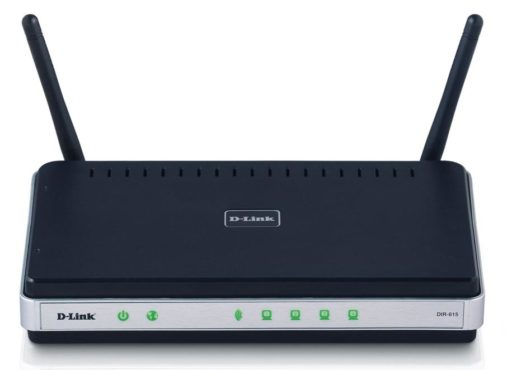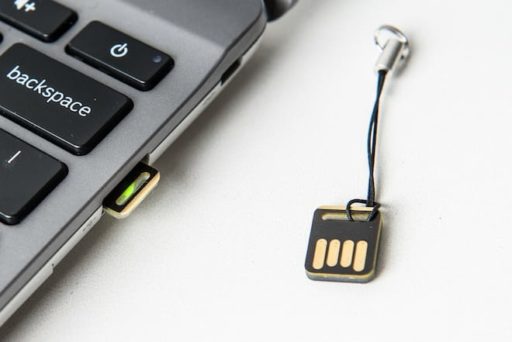The Federal Bureau of Investigation (FBI) has the power to access any encrypted emails or messages sent over the Internet of any company. But U.S. District Judge Richard Seeborg has come against FBI’s attempts to withhold information about its efforts to require Internet companies to build in backdoors for government surveillance. The judge says the agency needs to explain their internet spy plans.
Washington rolled out a program that will see that – the FBI and other federal agencies are allowed backdoor access to any and all online communications. FBI got the ability to pry into any company’s encrypted emails or messages sent over the internet. FBI dubbed this as “Going Dark” program. But Electronic Frontier Foundation (EFF) wasn’t happy for this special authority of FBI. EFF believed that there should be some legislation for FBI’s prying. Just only based upon simple suspect or deduce, FBI can’t pry into any company’s encrypted emails or messages; rather they should have something “strong” and have valid “issues” that gives them the authority to pry into any company’s encrypted emails or messages sent over the internet. And that’s not all. If FBI pry into any company’s encrypted emails or messages, then they have to reveal the issues. So EFF requested the government to review the Freedom of Information Act (FOIA). But the government didn’t pay attention to that request.
But now Judge Seeborg has been agreed with EFF. Seeborg also thinks that FBI should reveal on what basis it is spying onto any company’s private communications over internet. So the U.S. District Judge Richard Seeborg ruled “The Government is directed to conduct a further review of the materials previously withheld as non-responsive. In conducting such review, the presumption should be that information located on the same page, or in close proximity to undisputedly responsive material is likely to qualify as information that in ‘any sense sheds light on, amplifies, or enlarges upon’ the plainly responsive material, and that it should therefore be produced, absent an applicable exemption.”
Source : RT
[ttjad keyword=”security”]


